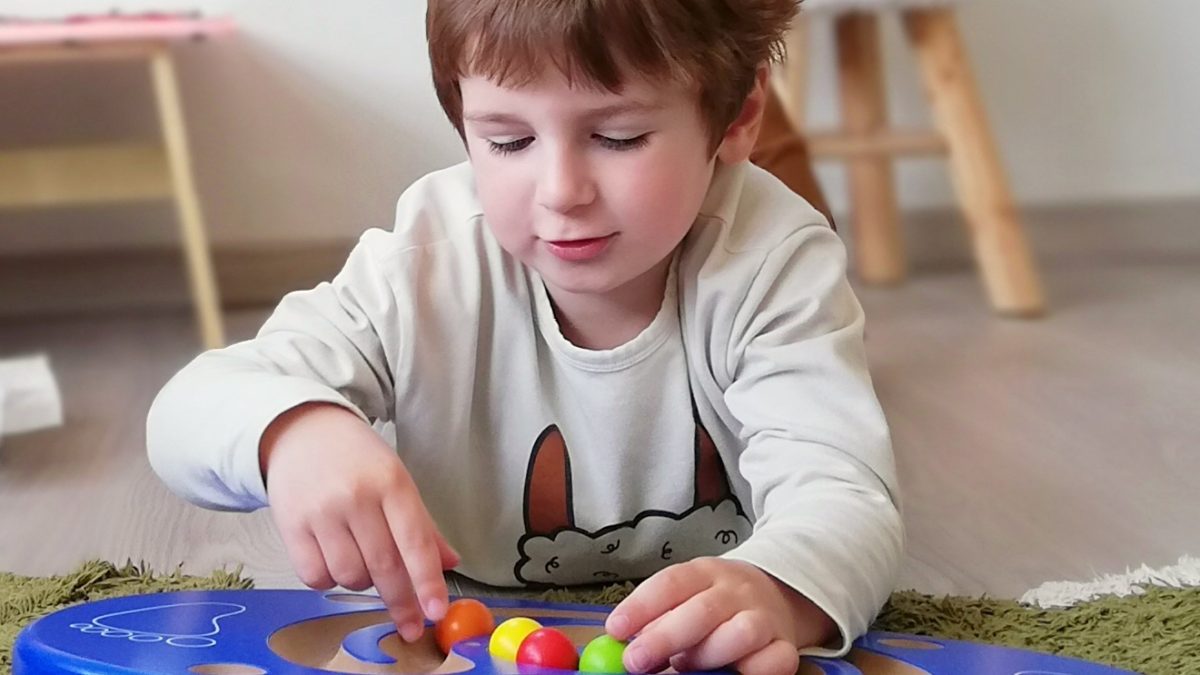Giving presents to a child with autism requires a little extra attention to their specific needs and interests. But how do you know what a suitable gift or game is?
Look at what interests your child and listen to what he or she says or shows. This will help you choose activities that align with his or her preferences. When introducing a new game or toy, it’s helpful to use visual aids such as pictograms or picture tee to clarify the instructions. Children with autism often thrive on routines and predictability. So, try to play the same games on a regular basis so they know what to expect.
Here are some gift ideas that take into account the unique traits of children with autism:
- Sensory Toys:
- Fidget toys such as tangles, squishy balls, stress balls. (need to chew? Then think of a cool bite necklace!)
- Sensory balls with different textures.
- Weighted blankets, weighted cuddly toys or weighted pillows.
- Visual Aids:
- Light projectors that project soothing patterns onto the ceiling.
- Strings of lights or rope lights that can serve as calming mood lighting.
- Books and Puzzles:
- Books with visual storytelling and clear images.
- Puzzles with large pieces and bright colors.
- Technological Tools:
- Tablets with educational apps or games appropriate for their age and interests.
- Headphones or earmuffs to reduce unwanted noise.
- Creative (sensory) Toys:
- Coloring books with large, clear images and solid lines.
- Craft supplies such as finger paint, clay, water beads or play sand.
- Quiet Time Activities:
- Puzzle books, such as word searches or crosswords.
- Coloring books for adults with intricate patterns.
- Toys for Role Playing:
- Dolls, action figures or stuffed animals that encourage social interaction.
- Playsets that encourage creative role play, such as a kitchenette or workbench
- Outdoor toys:
- Swings, trampolines or playground equipment for physical activity.
- Sensory outdoor toys such as a sand and water table. Also consider a tuff tray.
- Therapeutic toys:
- Balance or wobble boards to improve motor skills.
- Yoga or relaxation games that can help calm you down.
If you have any questions or need advice, feel free to email us, we are happy to think along with you!





